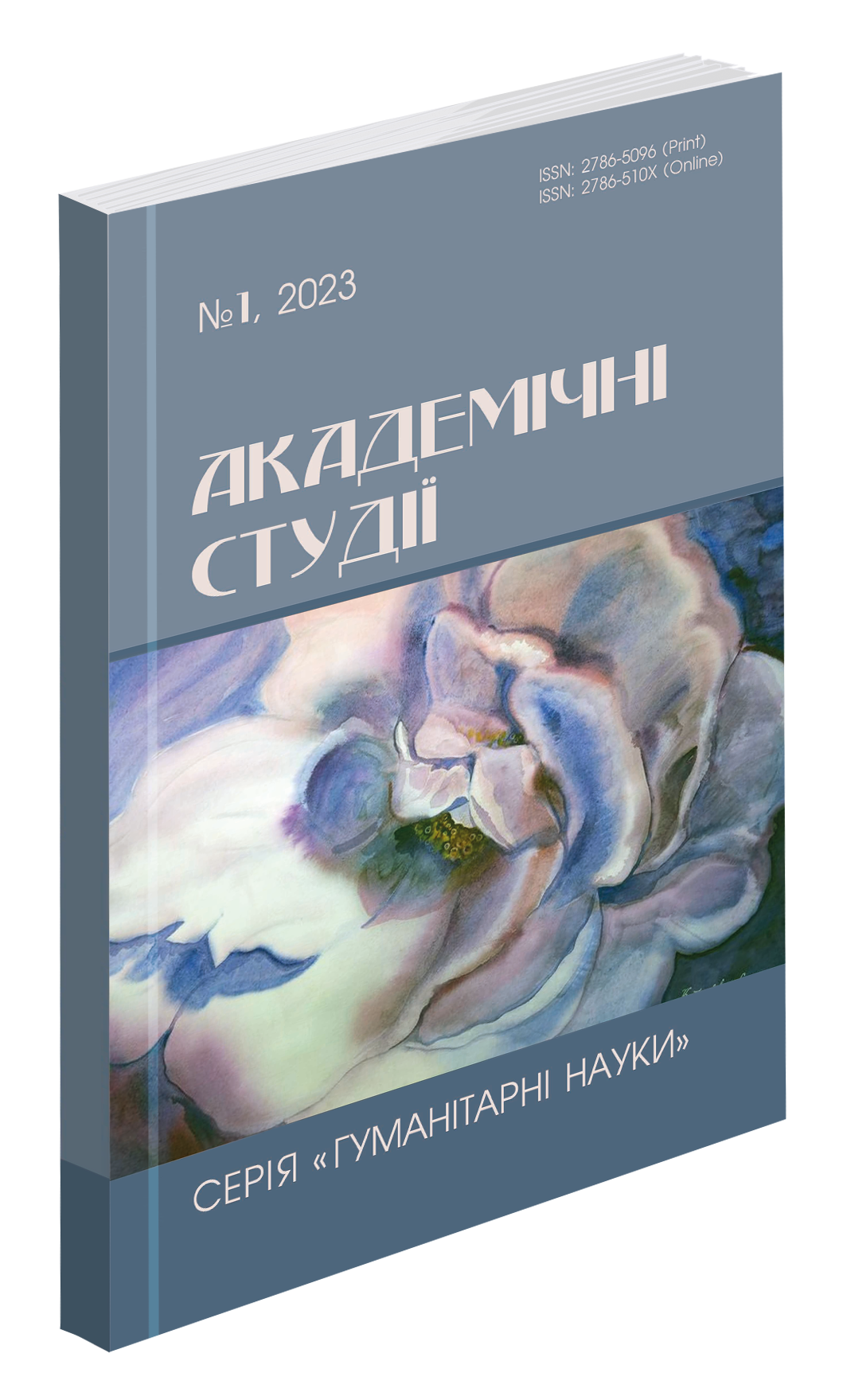Abstract
The article considers the main structural characteristics of multicomponent terms in French terminological system of education. The notions of one-component terms and multi-component terms are analyzed. The main and specific structural models of terms in French educational system are singled out. Hypero-hyponymic relations between onecomponent (small-component) and multi-component terms are studied. The development of any sphere naturally leads to the development of its terminological system; simple (onecomponent) terms-words are not as frequently used as complex (multi-component) terms-phrases, which are represented by free and unfree combinations of words, terms-phraseological units and even terms-sentences. Terms of modern French educational system are characterized by diversity; there is a tendency to represent as many characteristics of the corresponding concept as possible. Among the most common structural models of French analytical (multicomponent) educational terms, two-component, three-component, and four-component models can be distinguished. The main position in a multi-component term is most often occupied by the noun that corresponds to the peculiarities of French grammar. The second most common component is the adjective. Four-component terms represent many combinations of nouns and adjectives; components of such terms can sometimes be represented by other notional parts of speech. There are also complex terms containing up to ten components and in some cases even more. There are different types of hypero-hyponymic relations between one-component and multi-component educational terms, which allows us to get the idea of a clearly organized, developed, and branched system of nominated concepts. The study of the structure of multi-component terms and semantic relations between its components is an important issue of their complex analysis, which provides an understanding of meanings of these terms. This becomes relevant due to the dynamic development of educational terminology.
References
Вус М. Терміни-словосполучення в українській біологічній термінології. Вісник Національного університету «Львівська політехніка». Серія «Проблеми української термінології». Львів : Вид-во Львівської політехніки. 2014. № 791. С. 43–48.
Д’яков А. С., Кияк Т. Р., Куделько З. Б. Основи термінотворення: семантичний та соціолінгвістичний аспект. Київ: Видавничий дім «КМ Academia», 2000. 218 с.
Процик І. Аналітична деривація в українській фізичній термінології. Вісник Нац. Ун-ту «Львівська політехніка». Серія «Проблеми української термінології». 2000. № 402. С. 65–70.
Cabré Castellví M. T. Terminology: Theory, methods and applications. Amsterdam/Philadelphia: John Benjamins Publishing Company, 1999. 248 p.
Cabré Castellví T., Lorente Casafont M. Panorama teòric de la terminologia actual. Terminàlia, 2021, Núm. 24, p. 57–63. [Електронний ресурс] Режим доступу: https://raco.cat/index.php/Terminalia/article/view/397373
Lerat P. La combinatoire des termes. Exemple : nectar de fruits. HERMES – Journal of Language and Communication in Business, 22(42), p. 211–232. [Електронний ресурс] Режим доступу: https://doi.org/10.7146/hjlcb.v22i42.96853
L'Homme M.-Cl. Lexical semantics for terminology. Amsterdam : John Benjamins Publishing Company, 2020. 285 р.

